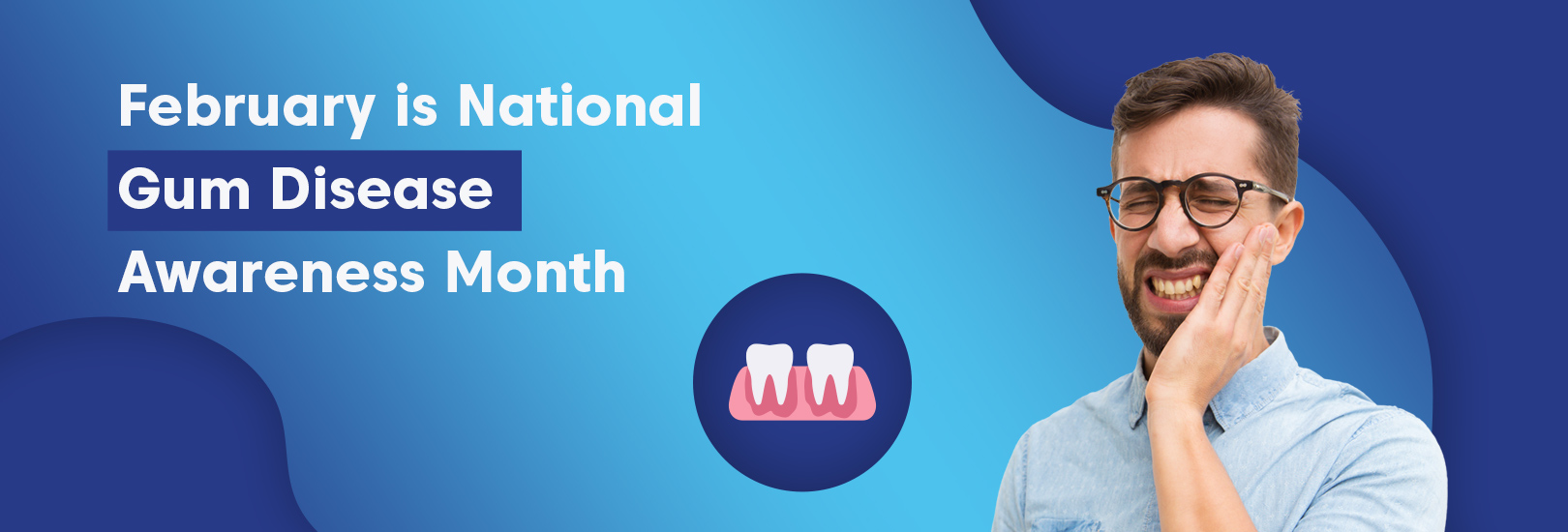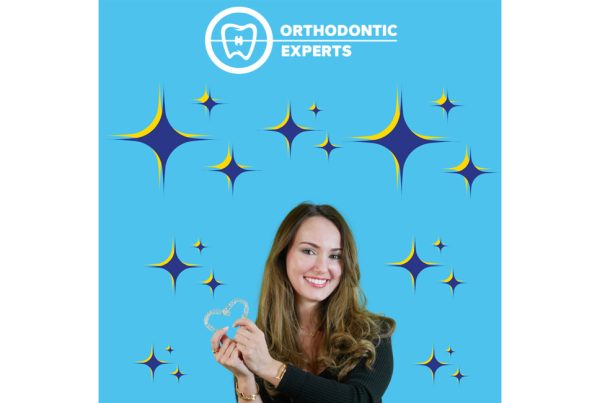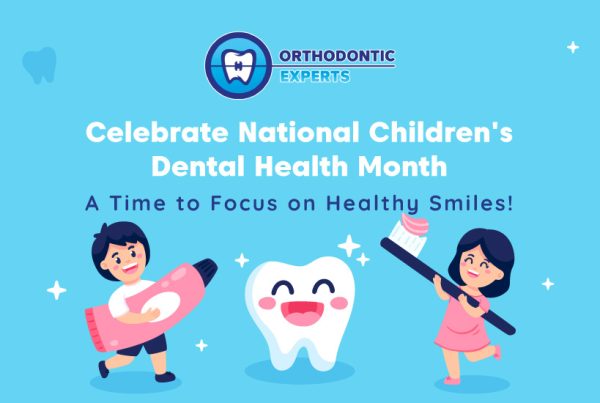February is National Gum Disease Awareness Month, and it’s the perfect time to get serious about gum health. By understanding the causes of gum disease, such as plaque build-up, inadequate oral hygiene, and systemic diseases, we can work together to fight it and create healthier smiles for ourselves and the people we love.
Let’s take the time to understand the importance of gum health and make sure we’re doing everything we can to keep our gums healthy and strong.
What is Gum Disease?
Gum disease is caused by plaque build-up on your teeth and gums. Over time, this accumulation of bacteria can cause severe damage to your oral tissues. If left untreated, gum disease can lead to tooth loss, bone loss in the jawbone, and even death. To help prevent gum disease from taking over your life, make sure to keep tabs on your oral health throughout the year by regularly check for signs of infection (like redness or pain), brushing and flossing regularly, and consulting with a dentist if you notice any changes in your dental hygiene habits.

Causes of Gum Disease
Gum disease is an oral health issue affecting millions of people worldwide. While it often goes unnoticed, gum disease can have serious implications for our overall health. Learning more about the causes of gum disease can help us prevent it, and manage existing cases more effectively.
Poor Oral Hygiene: The primary cause of gum disease is poor oral hygiene. Individuals who don’t brush and floss their teeth frequently, as well as failing to visit their dentist regularly, are at increased risk of developing gum disease. The bacteria that build up from inadequate cleaning can cause inflammation of the gums and can eventually lead to periodontal disease.
Tobacco and Alcohol Use: Tobacco can cause oral cancer and can increase the risk for gum disease, while alcohol can weaken the body’s natural defenses against infections. Those who consume tobacco products or alcohol should also make sure to follow good oral hygiene practices such as brushing and flossing teeth regularly to help reduce the risk of gum disease.
Certain Diseases: Diseases like HIV and diabetes, can also increase the risk of gum disease. People with these health conditions may find that they have a higher risk of developing gum disease, due to changes in their immunity which may make them more vulnerable to gum infections. Taking good care of your oral health and getting regular dental cleanings and checkups may help reduce the risk of gum disease in people with underlying health conditions.
Genetic Factors: Research suggests that genetic factors may play a role in who is at risk of developing gum disease. If someone in your family has had gum disease, then you may be genetically more predisposed to getting it too. It’s very important that individuals with a family history of gum disease pay close attention to their oral hygiene and visit the dentist regularly for checkups and cleanings.
Signs of Gum Disease
Do you experience persistent itching and swelling in your gums? How about gums that bleed and recede? If you’ve been noticing any of these signs and symptoms, you may be suffering from gum disease. Here are the top three signs and symptoms of gum disease that you should look out for:
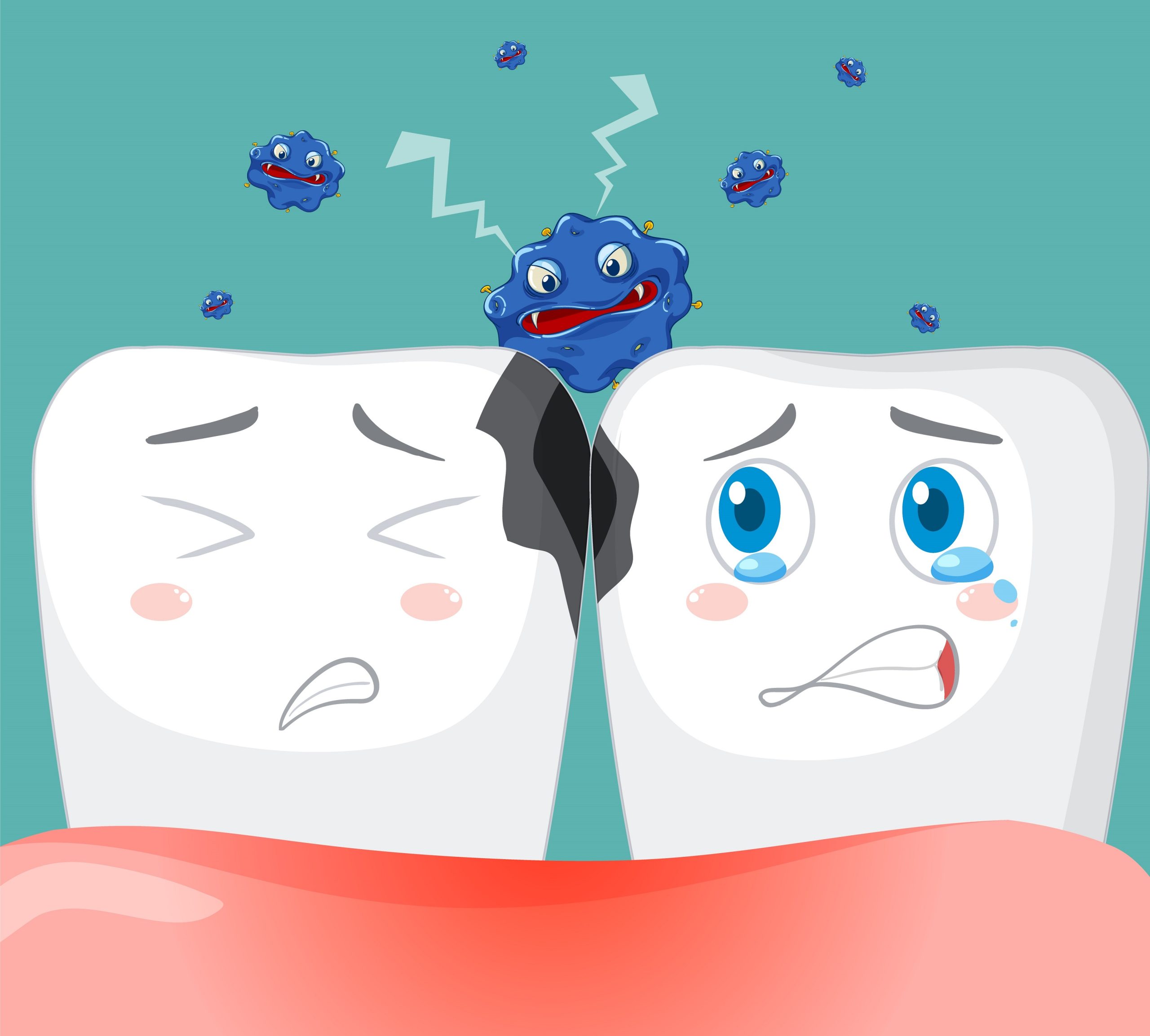
Swelling, Redness, and Bleeding Gums: Noticeable swelling, redness, and bleeding of the gums is an indication of infection. If not treated properly, the infection can spread and cause even more damage to the gums, teeth, and the underlying bone.
Receding Gums: This is another warning sign of periodontal disease. Your gums may look as though they’re pulling away from your teeth, or your teeth may appear longer than usual. The gum line starts to recede, leading to a pocket formation between the tooth and gums.
Persistent Bad Breath: It is one of the most unpleasant signs of gum disease. Gum disease can cause a foul odor in your mouth, even after brushing and flossing.
This is a result of trapped bacteria, plaque, and tartar near the gum-line. If you’ve been noticing any of these warning signs of gum disease, it’s important to get prompt oral health care. Early diagnosis and treatment can help to manage your gum disease and prevent tooth loss, so be sure to call your dentist for a check-up as soon as possible.
Prevention of Gum Disease
Preventing gum disease is an important aspect of overall oral health. Taking the right steps towards achieving proper oral hygiene can provide long-term benefits to oral health and help to keep gums and teeth healthy. Here’s how you can prevent gum disease:
Brush Your Teeth Twice Daily: Brushing your teeth is vital for keeping your teeth and gums healthy. Brushing should take place twice a day, with a soft-bristled toothbrush and fluoride toothpaste. For optimal oral hygiene, dental professionals recommend brushing for at least two minutes each time. Brushing also helps remove any food particles that may be stuck to the teeth, thus helping to prevent plaque build-up.
Don’t Forget to Floss: Dental floss is also a key part of prevention of gum disease. It is important to floss at least once a day, as it is the best way to remove food debris and plaque stuck in between teeth that are harder to reach with brushing. If flossing is done correctly, it can help in the prevention of gum disease. Limiting sugary drinks is important for more than just dental health.
Avoid Sweet Drinks: Sugary drinks contain high amounts of sugar, which can contribute to the buildup of plaque on teeth and cause enamel erosion. Furthermore, sugary drinks are also associated with an increased risk for cavities. Cutting down on the consumption of sugary beverages is beneficial for overall oral health.
Use Antimicrobial Mouthwash: Using an antimicrobial mouthwash is an additional step that can be taken to prevent gum disease. Most mouthwashes contain antimicrobial agents, which fight harmful bacteria in the mouth that can lead to inflammation of the gums and other periodontal problems.
Treatment Options for Gum Disease
Gum disease can cause significant harm to your oral health if left untreated. While brushing and flossing are the best way to prevent gum disease, sometimes treatment may be necessary to restore oral health. Depending on the severity of gum disease, there are both surgical and non-surgical treatment options available.
Non-Surgical Treatment Options: Brushing and flossing are the cornerstone of preventive care and can minimize your risk of developing gum disease. However, when gum disease is already present, there are a few non-surgical treatments your dentist can provide.
Scaling and root planing (SRP) is a non-surgical method used to remove plaque and tartar below the gum line and smooth the roots of your teeth. During SRP, your dentist will use special instruments to clean away the infection.
Antibiotic therapy may also be recommended in conjunction with SRP.
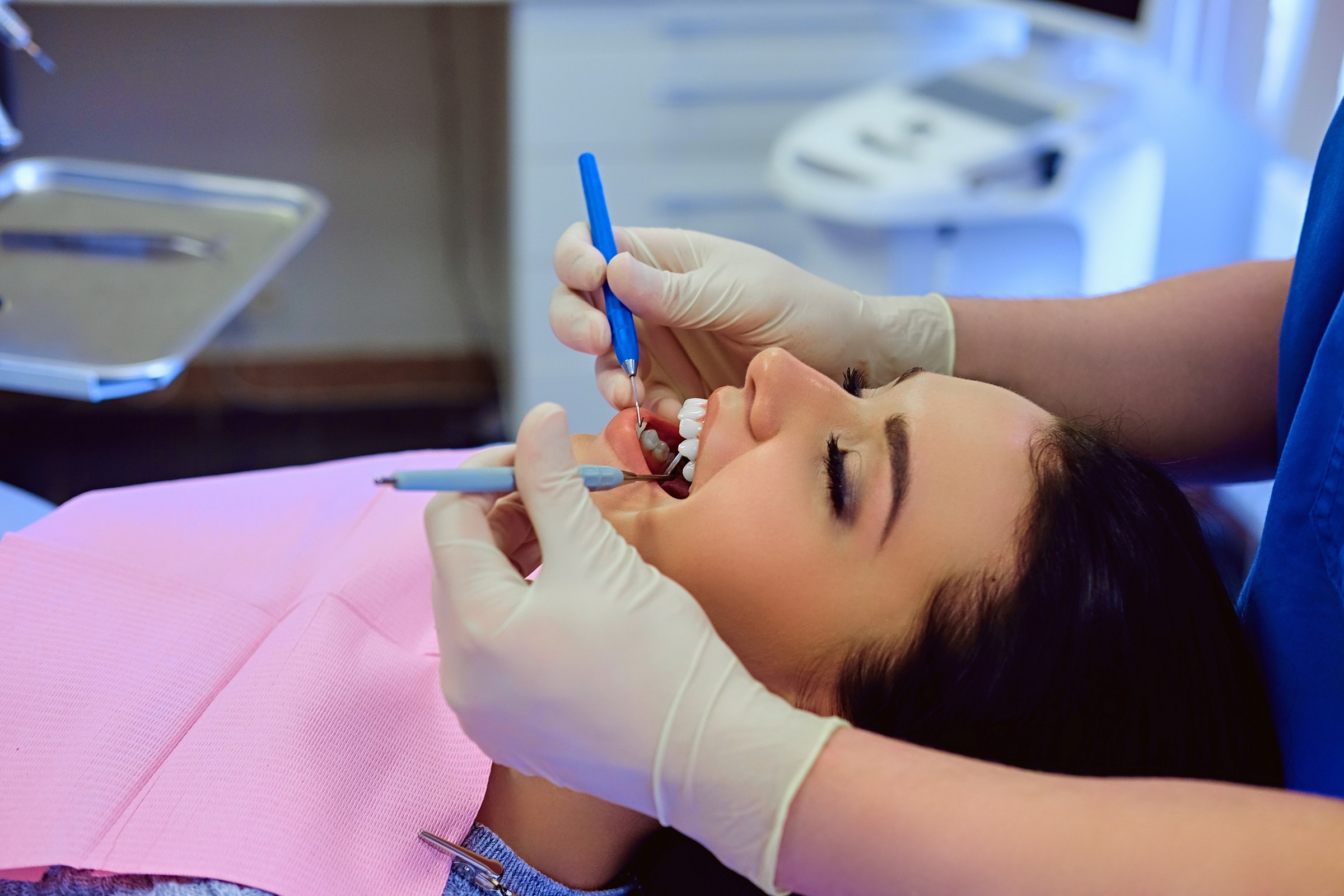
This involves administering topical or systemic antibiotics to help clear away the infection and promote healing.
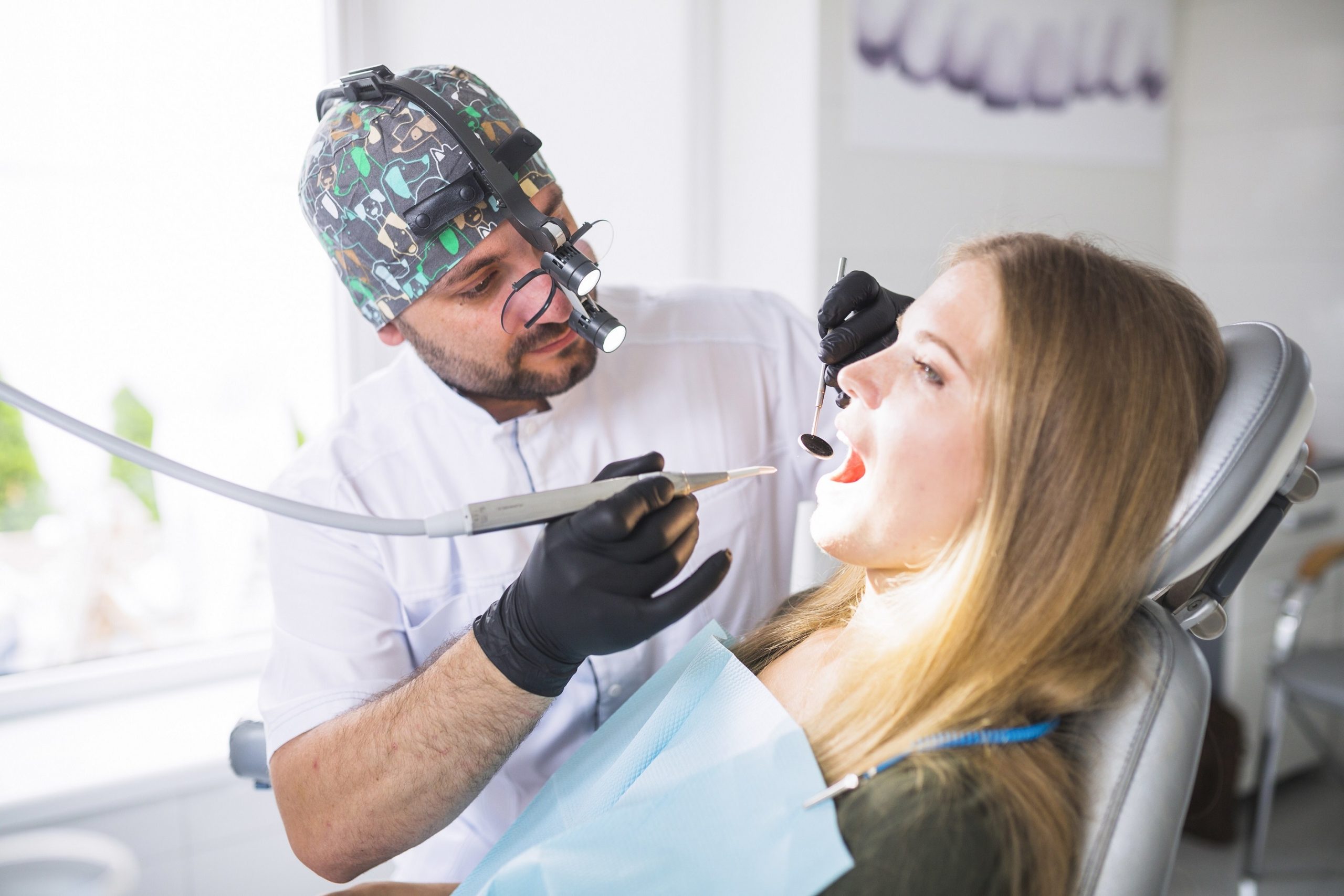
Surgical Treatment Options: If the infection has become more advanced and the pockets between your teeth and gums have become deep and infected, your dentist may recommend surgical treatment.
Flap surgery, or periodontal pocket reduction, is a surgical approach to removing the infected tissue around the roots of your teeth and reshaping the gum tissue. This can help reduce the depth of the pockets and further reduce the presence of bacteria.
Bone or gum grafting may also be used to get rid of lesions caused by gum disease. In this procedure, the affected area is filled with new bone or gum tissue from another area of your mouth or a donor source.
Put Your Oral Health in Expert Hands this National Gum Disease Awareness Month
The weather is warming and now is the perfect time to start investing in your dental health by preventing gum disease. At Orthodontic Experts, we’ve seen firsthand how our patients have successfully reversed and managed gum disease. From children to seniors, we’ve seen stories of success that can inspire everyone to tackle gum disease.
This February, National Gum Disease Awareness Month, take charge of your oral health and fight gum disease. Schedule a no-cost consultation at Orthodontic Experts today and let one of our experienced orthodontists equip you with the knowledge and treatments you need to keep your smile healthy and beautiful. Let’s celebrate this month by taking control of your dental health and beginning your journey of making gum disease a thing of the past.


